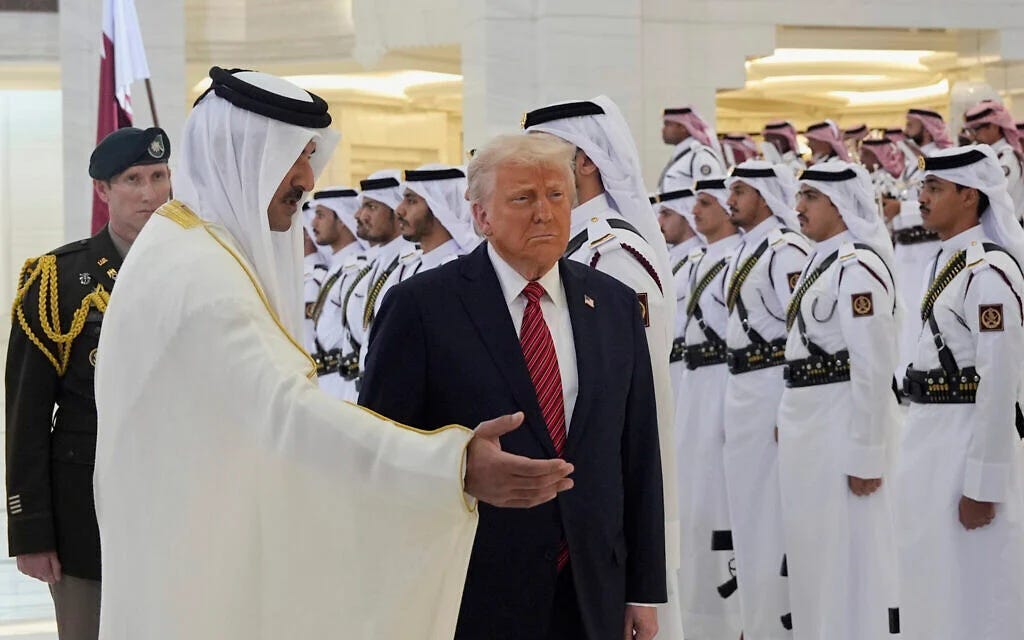Time to rebuild Israel’s global relevance after Trump’s Middle East trip
How Israel can win back influence by solving real problems for a changing world

(First published on the Times of Israel, and available here in Hebrew)
Trump's recent trip to the Middle East should be recognized as an extremely dangerous st…



